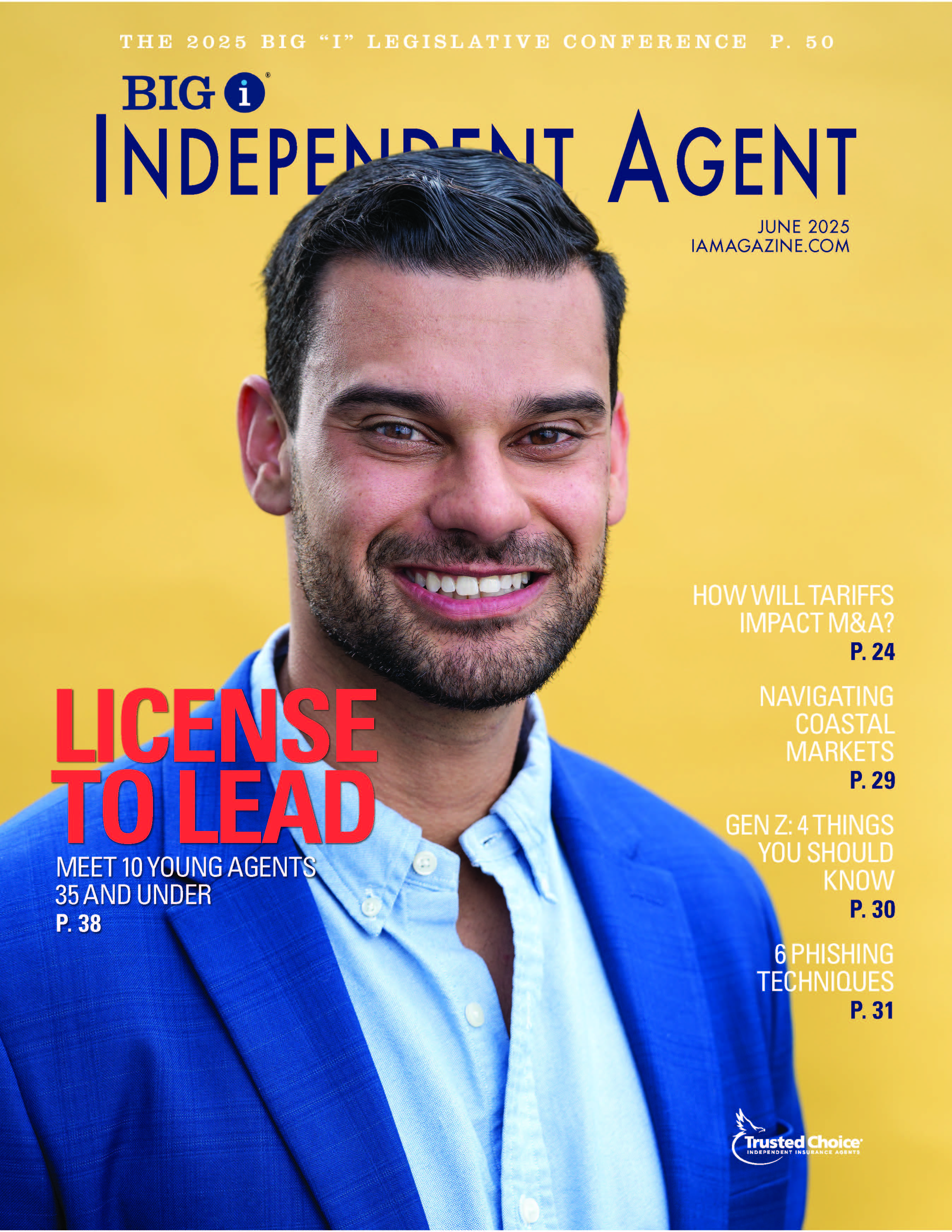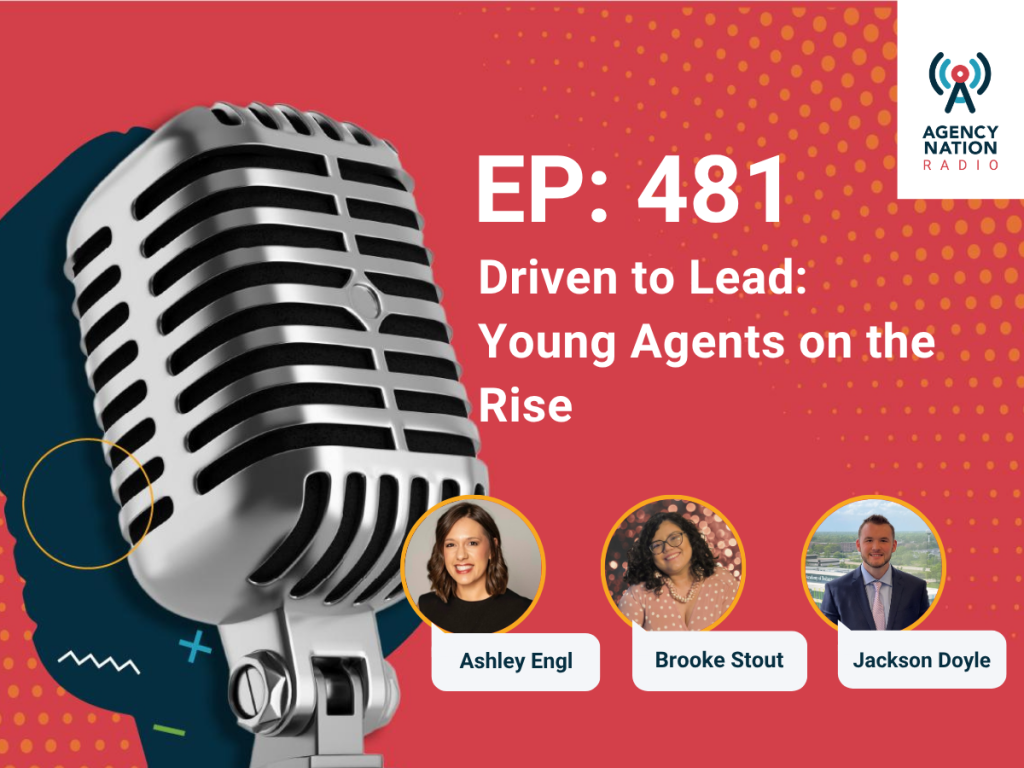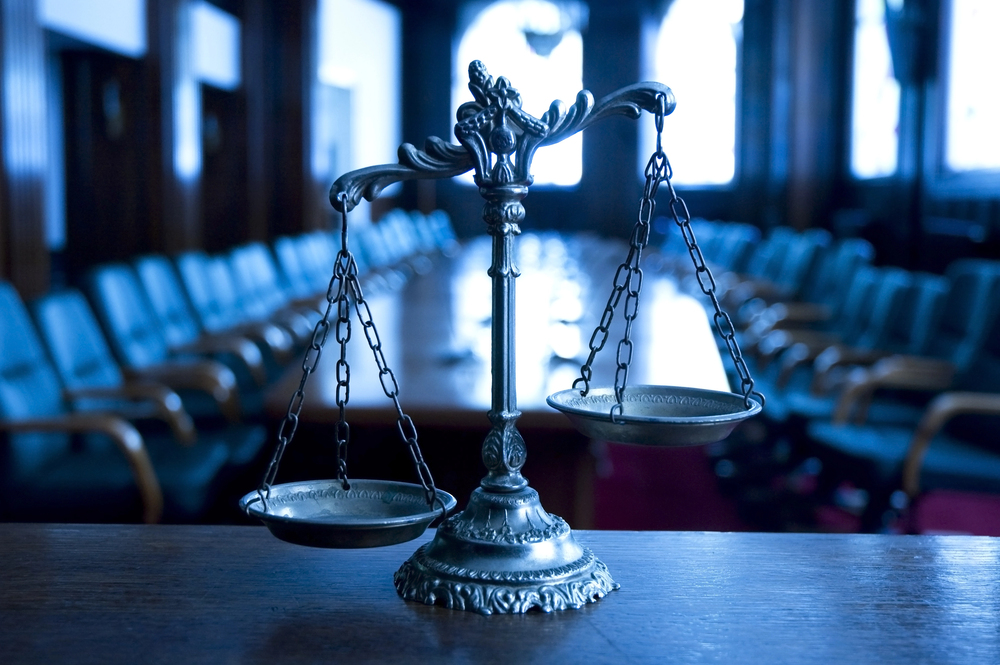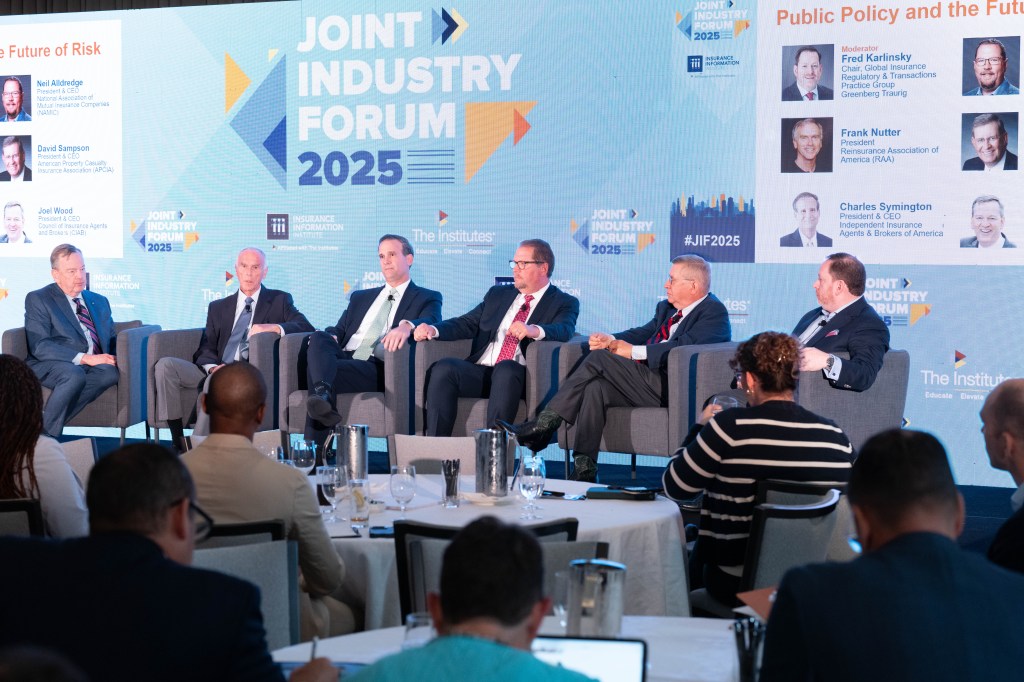Sen. Joe Manchin: Political Action Requires Compromise
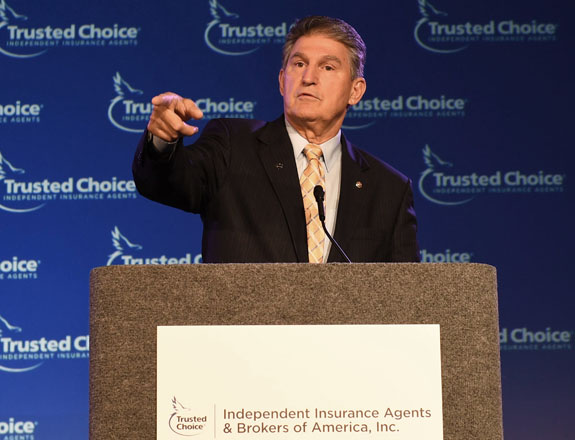
By: Jacquelyn Connelly
As an independent thinker, Sen. Joe Manchin (D-West Virginia) is a rarity in Washington, D.C.—and he uses his unique status to fight partisan extremes that too often prevent progress on the Hill.
“We’re expected to work against each other. But in West Virginia, we’re fiercely independent,” Sen. Manchin said during his keynote address at yesterday’s Big “I” Legislative Conference Breakfast. “I’m a West Virginia Democrat, not a Washington Democrat. I have a lot of good friends that are West Virginia Republicans, not Washington Republicans. We’ve got to break this cycle.”
For the senator, who calls himself “fiscally responsible and socially compassionate,” making decisions based on what’s best for his home state is the only priority that matters.
“We live in a divided country. We live in a troubled world. People have got to come together,” he said. “It can’t be about the Democrats or the Republicans. It can’t be about me getting re-elected. If you do the right thing and you happen to be defeated, you can go to bed and sleep at night.”
When Sen. Manchin works on legislation, his centrist position often reveals ways for both sides to reach across the aisle and work together. “When I look at it, I can tell if it’s a little too far,” he said. “If I can make a few edits, then I can get five, six, maybe 10 Democrats on board.”
The senator’s commitment to compromise will be crucial to passing measures that are important to the insurance community. For example, “we’ve got to have tax reform,” he said. “1986 was the last year we had tax reform. Hell, we didn’t even have cell phones in 1986. The world has changed, the economy has changed and we haven’t. You wonder why we’re $20 trillion in debt and going on $1 trillion a year more in debt? Inflation will eat us all up.”
When decision makers in Washington, D.C., prioritize the voices of their constituents over petty partisanship, the whole country thrives, Sen. Manchin explained.
“Small businesses employ about half the workforce in America. Small business people have to have some kind of stability, some kind of way forward, or we’re going to have serious problems. There’s got to be a reason for you to get off the bench, make some investments, hire some people, believe in the economy, believe in this country, believe we’re going in the right direction.”
Jacquelyn Connelly is IA senior editor.
Photo by Marty LaVor